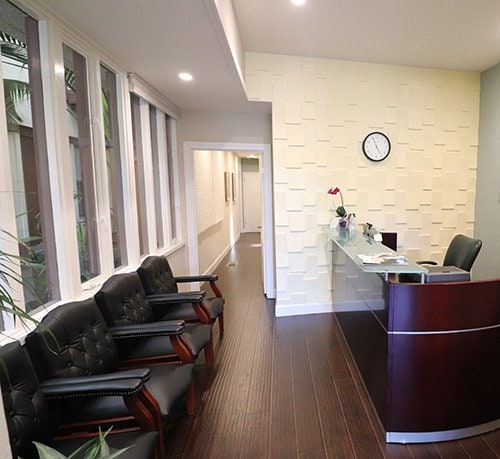Contact Us

Pacific Psych
317 14th Street, Suite A,
Del Mar, California 92014
(858) 261-4622
Schedule Appointment
Our San Diego psychiatry is accepting new patients. Please call or email to schedule an appointment.
Office: (858) 261-4622
Email: Office@PacificPsychCenters.com
